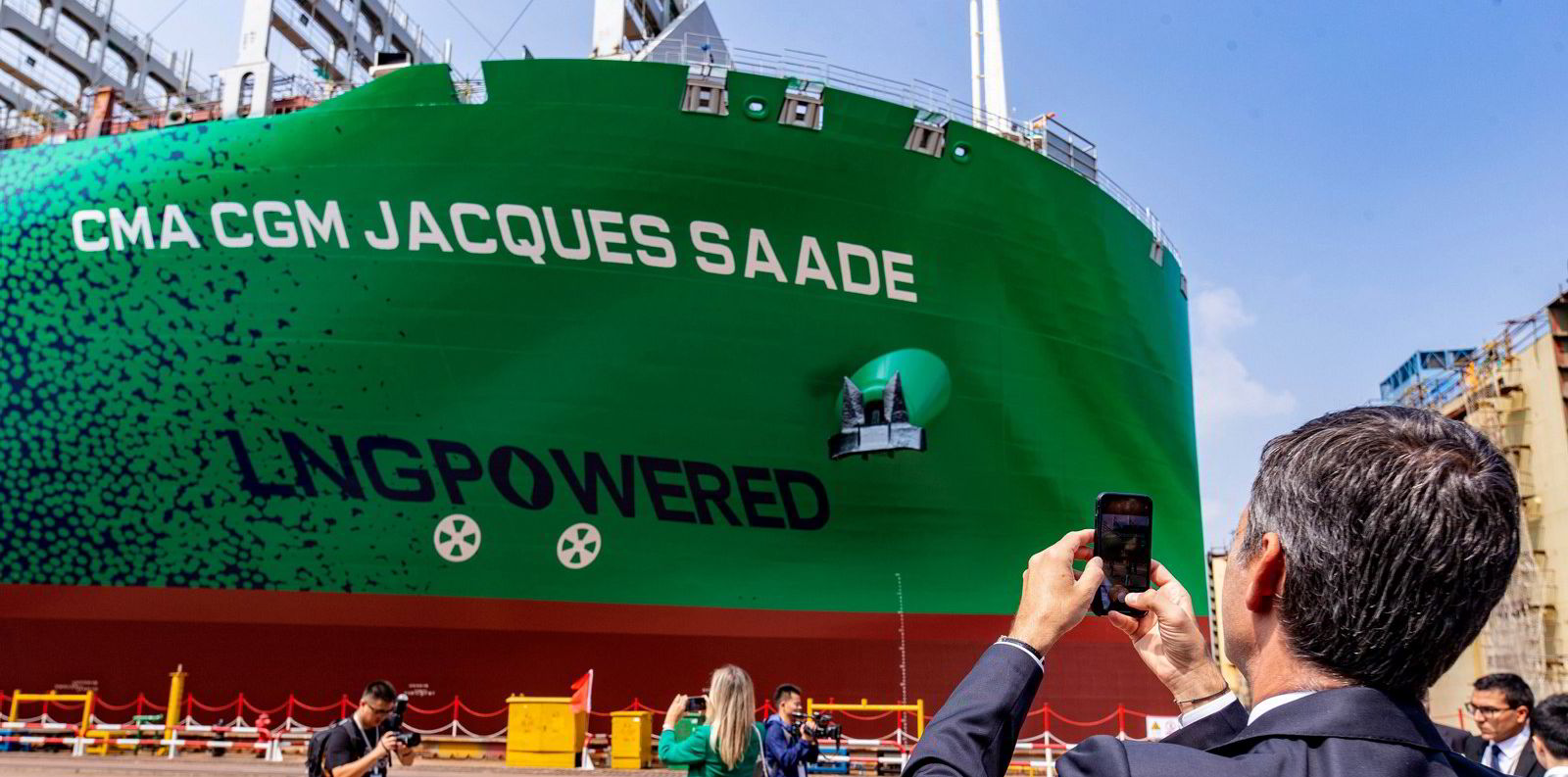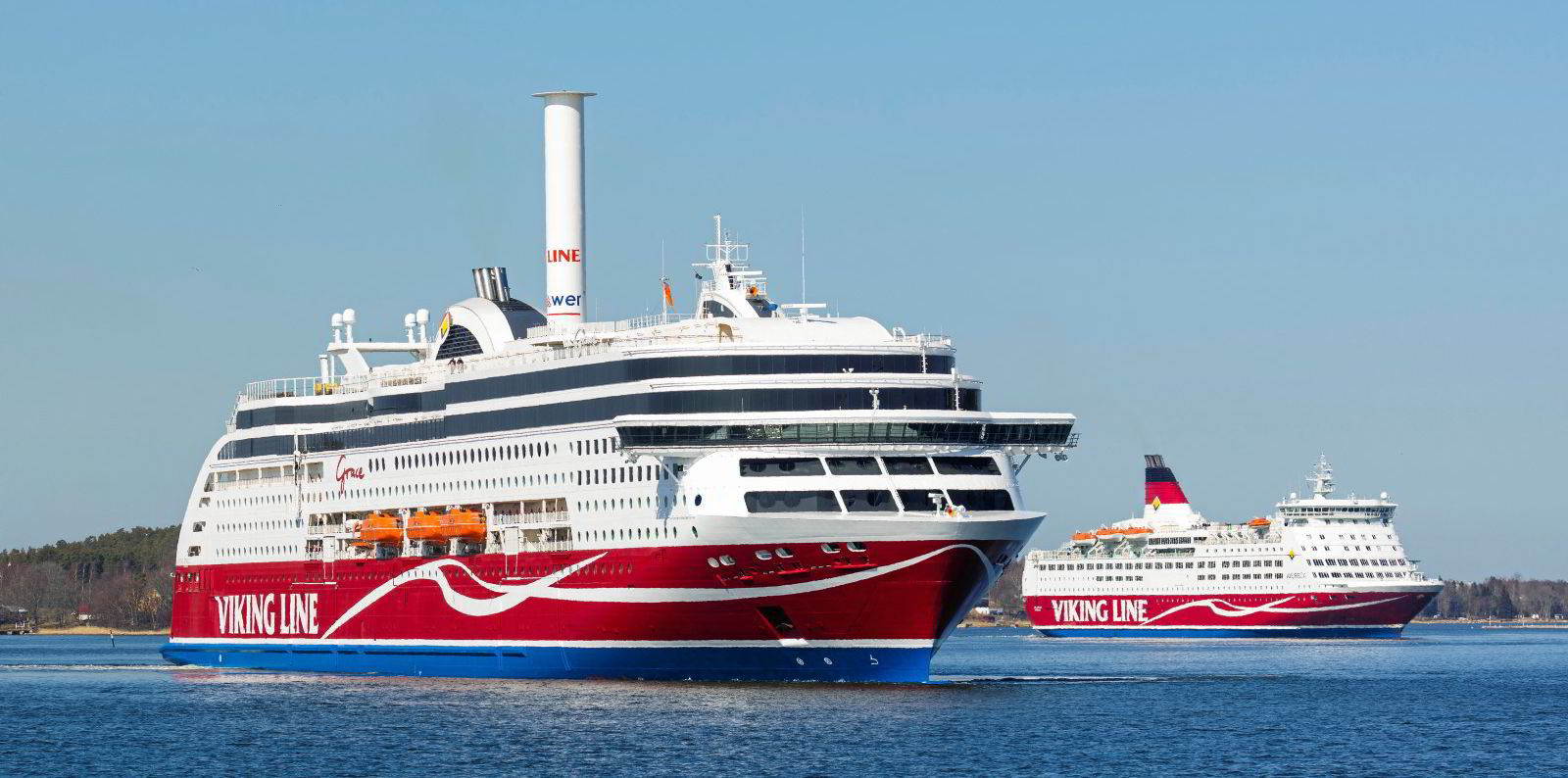There's little doubt that slashing shipping's greenhouse gas emissions over the decades will require development of low-carbon and zero-carbon fuel technologies, not to mention a build-out of a supply chain to feed the vessels that use them.
But there are concerns that the focus on fuel is overshadowing the role that other technologies and operational measures will play in decarbonising the maritime sector.
As world leaders prepare to meet for the COP26 climate conference in Glasgow, transition to zero-carbon fuels is at the heart of calls urging the International Maritime Organization to adopt more ambitious targets.
But Gavin Allwright, secretary general of the International Windship Association (IWSA), said the elephant in the room is the amount of time it will take to get to carbon-free shipping in a fuel-centric approach.
"What the industry always does is look at this through the lens of fuel, as opposed to looking at this through the lens of energy provision," he told TradeWinds.

As TradeWinds reported in the recent Green Ship Technology report, some experts believe that the obsession over zero-carbon fuels is hurting efforts to decarbonise quickly. Rather than wait for such fuels to come to market, they argued that shipowners should adopt existing technologies today to reduce their carbon footprint.
Solutions abound, from wind rotor sails to carpets of air bubbles.
But it is not just technology, with voyage optimisation and speed reduction also effective at reducing greenhouse gas emissions.

Technical experts point to three key levers for reducing shipping's carbon output: energy efficiency technologies and ship design, operations and speed, and fuel.
"With [the] first two levers you can achieve a lot before you have to in the end land at the fuel lever," said Jan-Henrik Hubner, the global head of shipping advisory at classification society DNV.
Today's tech
He noted that these involve measures and technologies that exist today. And unlike alternative fuels, they have "negative abatement costs" — that is, they save money — over time.
That is not to say that fuel choice is not important.
"The major impact comes from the choice of fuel, the choice of propulsion," said John Kokarakis, vice president of technology and business development at classification society Bureau Veritas.
Fuels become a larger share of the decarbonisation pie the closer the industry gets to 2050, when the IMO is targeting a 50% cut in shipping's greenhouse gas output.
But the role of design and technology measures also grows, according to BV's estimates.
That is based on the hope that future ship designs and technologies will be more efficient, as operational measures such as slower speeds make less of an impact over time, said Vassilios Dimoulas, a BV technology and innovation manager.
But if the IMO becomes more ambitious and aims for zero carbon in 2050, energy saving technologies will play a smaller role, putting more reliance on new fuels, he said.
IWSA's Allwright, whose organisation is made up of proponents of wind propulsion, said what is needed is an energy-centric, rather than fuel-centric, approach to decarbonisation, including the use of renewables.
In targeting a 100% reduction in CO2 output, even if wind delivers just 10% of that, shipping would be "crazy" not to embrace this "low hanging fruit".
But he said wind is still being looked at as a ship efficiency measure, using that fuel lens, rather than a direct source of propulsion.
Looking beyond fuel is not just an option. Technical experts said it is a key piece of a puzzle in moving shipping down the path toward a zero-carbon future.
That is particularly the case as regulators push the industry toward its mid-term targets. Experts believe reaching the IMO's target to cut carbon emissions by 40% by 2030 is impossible on fuel alone, and the United Nations' body's early requirements will require owners of existing ships to adopt operational measures and efficiency changes.
But even though adoption of zero-carbon fuels will become more important toward the 2050 targets, technologies that make ships more efficient on these more costly fuels may be the key to their economic viability.





